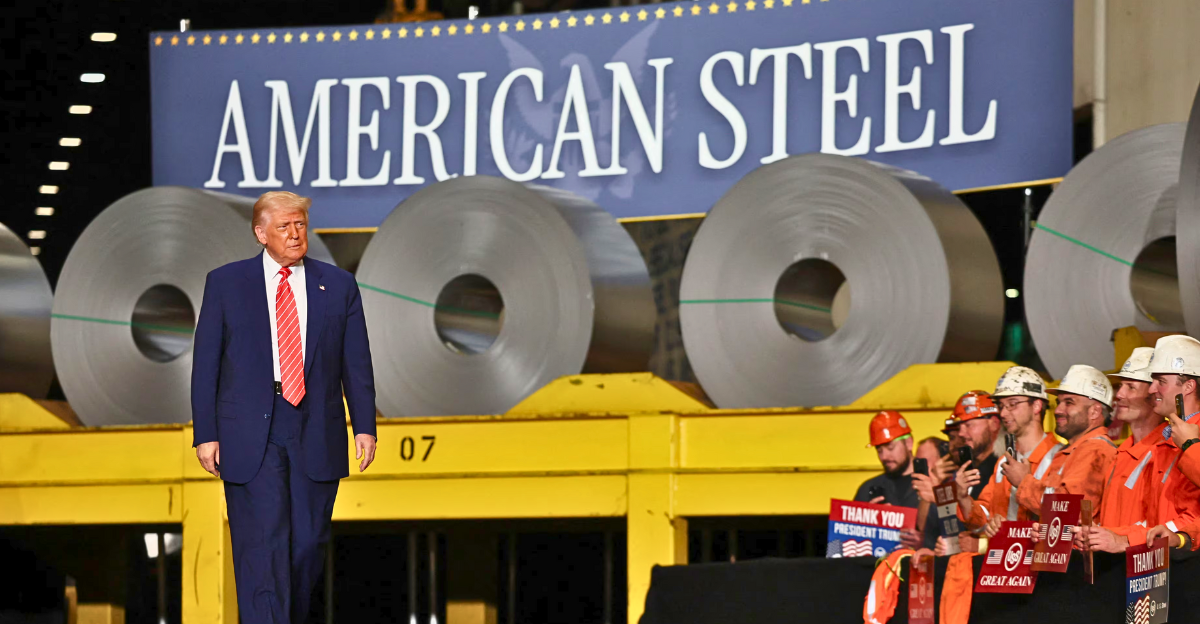
In a surprising move, the U.S. government doubled the tariffs on steel and aluminum imports from 25% to 50%, affecting a total of 232 countries almost overnight. This sudden change threatens $30 billion worth of retail inventory and sends shockwaves through manufacturing, retail, and consumer markets. The goal is to protect domestic producers, but the rapid increase raises concerns about rising costs, supply chain disruptions, and potential price hikes for everyday goods. Let’s explore what caused this tariff surge, how it impacts businesses and consumers, and what might lie ahead.
Why Did Tariffs Double So Suddenly?
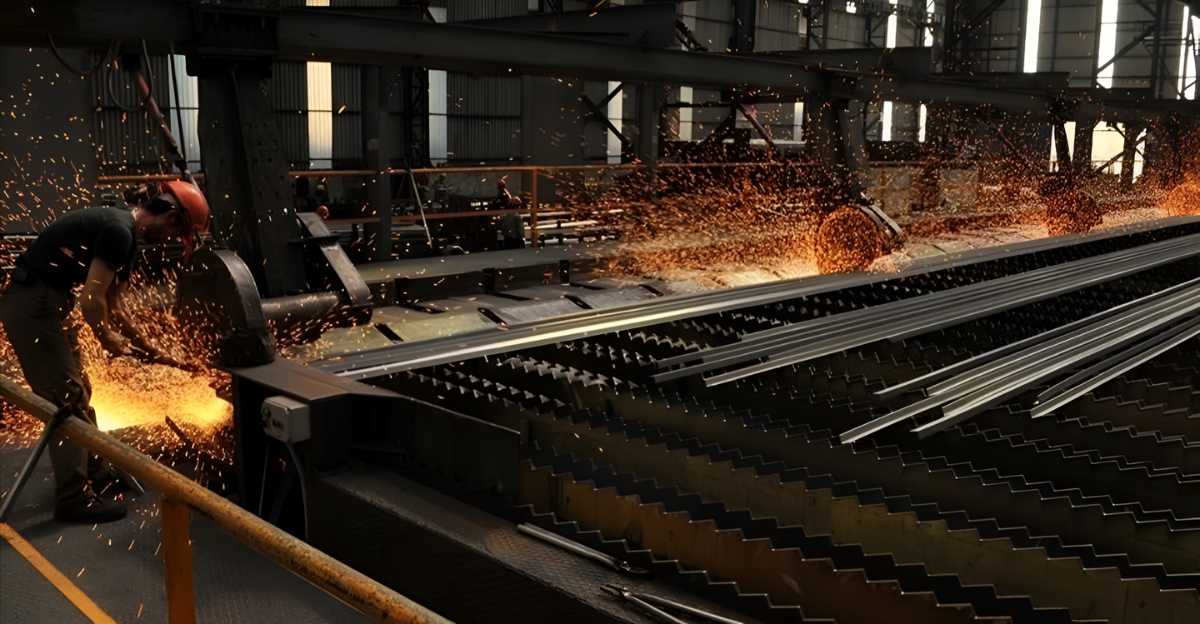
The government’s decision to double tariffs overnight aims to specifically protect the American steel and aluminum industries from what officials describe as unfair foreign competition. By increasing the import costs, the policy intends to encourage growth in domestic production and hopefully safeguard jobs. However, this aggressive approach risks escalating trade tensions with other countries and disrupting global supply chains. The move reflects broader concerns about trade imbalances and the need to strengthen local manufacturing, but the suddenness of the hike could create challenges for businesses that rely on imported metals.
Retailers Face a $30 Billion Challenge
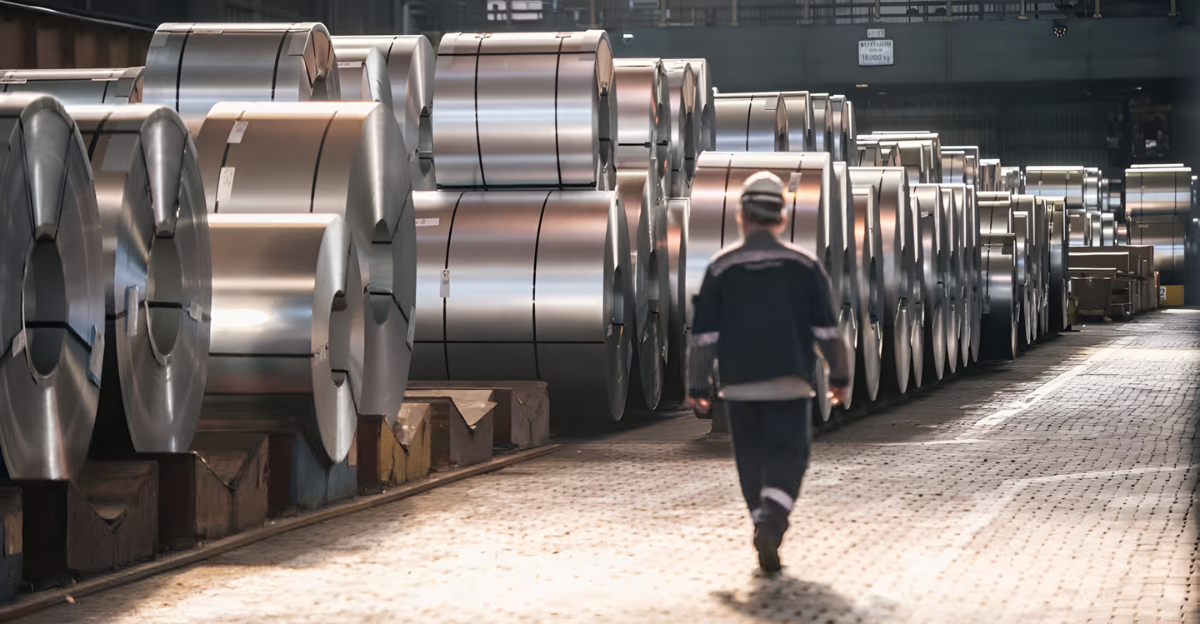
Retailers holding steel- and aluminum-based inventory now face significantly higher costs due to the tariff increase. This inventory includes products such as cars, appliances, electronics, and construction materials. The tariff hike could force retailers to raise prices or reduce their stock holding to manage expenses. Consumers might notice limited choices or experience delays due to shortages as suppliers adjust to these changes. The $30 billion figure highlights how deeply steel and aluminum are embedded in everyday retail goods, meaning shoppers could soon see the effects on store shelves and price tags.
Manufacturers Feel the Cost Squeeze
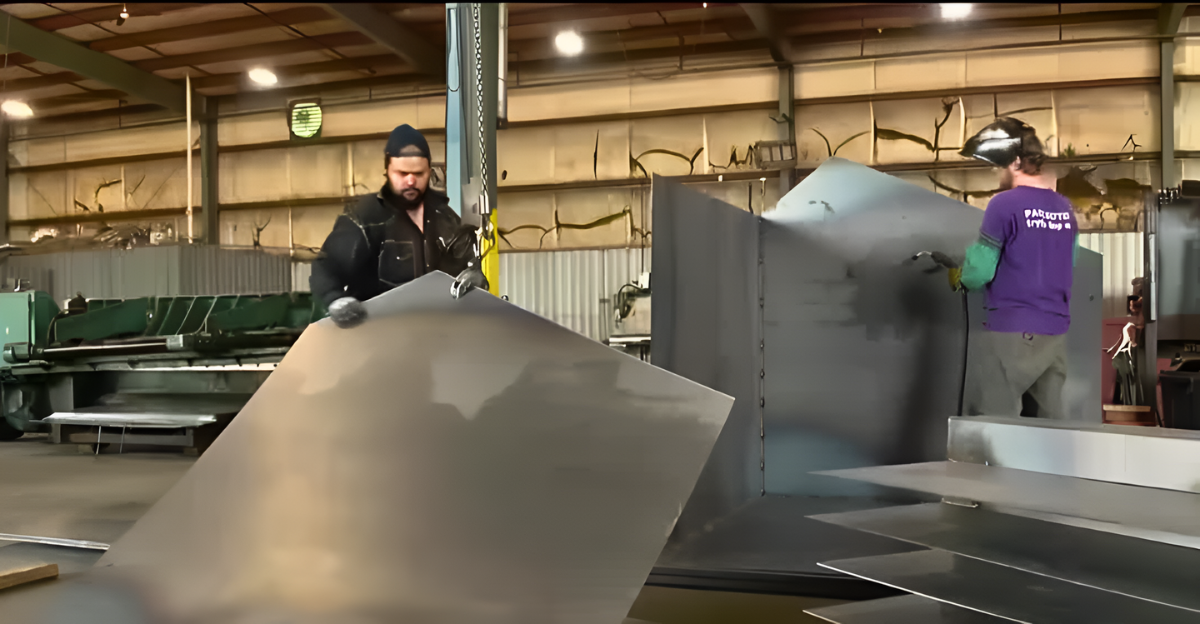
Manufacturers that rely heavily on imported steel and aluminum are grappling with rising costs caused by the tariff hike. These metals play an essential role in the production of a wide range of goods, from vehicles to machinery. The increased tariffs raise production expenses, squeezing profit margins. Companies must decide whether they will absorb the costs, pass them on to customers, or simply find alternative materials. Such adjustments take time and investment, potentially slowing production and affecting employment. The manufacturing sector’s ability to adapt will be critical in determining the economic impact going forward.
Global Trade Relations Put to the Test
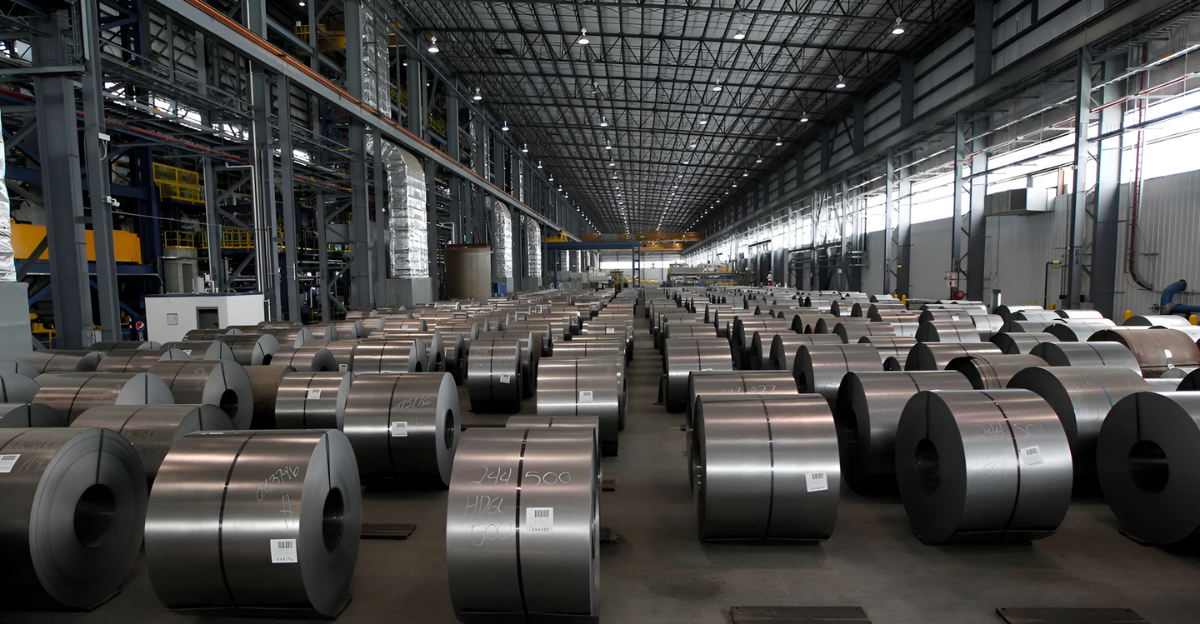
The tariff increase is likely to put a strain on trade relations with countries affected by the new rates. Many countries may respond with retaliatory tariffs, leading to a cycle of trade barriers that could escalate tensions even further. Such disputes can disrupt not only steel and aluminum markets but also other key sectors linked through global supply chains. Diplomatic efforts will be essential to avoid a full-blown trade war and to find a balance between protecting domestic industries and maintaining healthy international partnerships. The coming months will be crucial for trade negotiations.
Consumers May Pay More at the Checkout
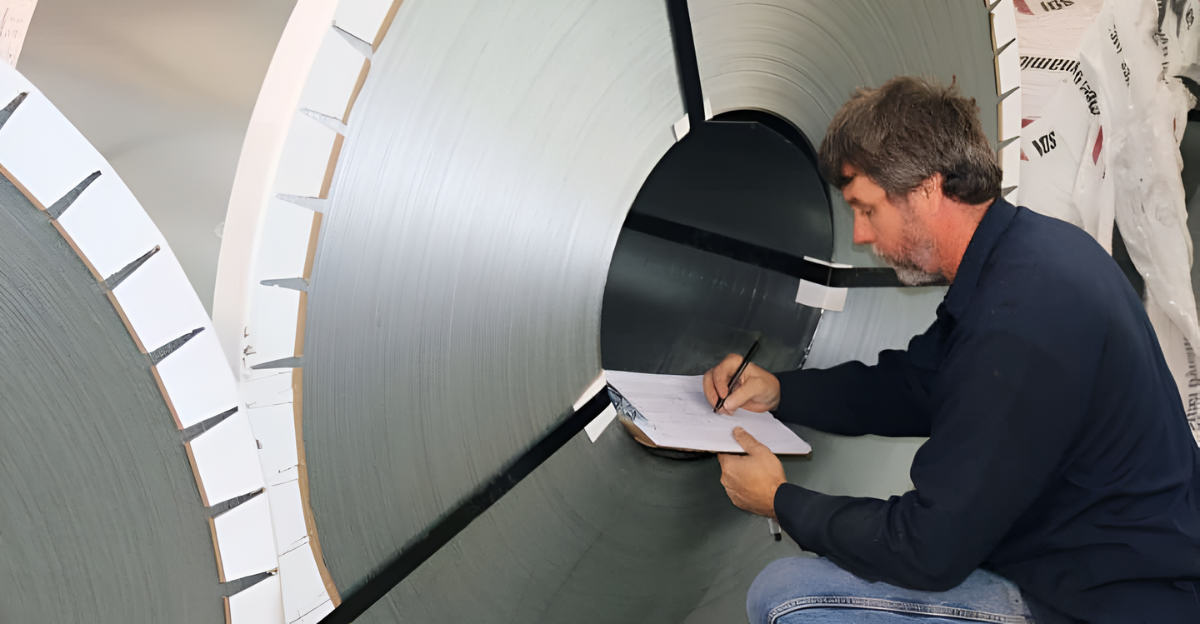
Consumers could face even higher prices on many everyday products due to the increase in the tariff. Steel and aluminum are key components in many items such as cars, electronics, appliances, and building materials. The tariff hike increases production costs, which manufacturers and retailers may pass on to buyers. This could contribute to inflationary pressures, making goods more expensive for families. While the full price impact will unfold over time, shoppers should prepare for potential increases in the cost of common household items and durable goods.
Small Businesses Face Tougher Times
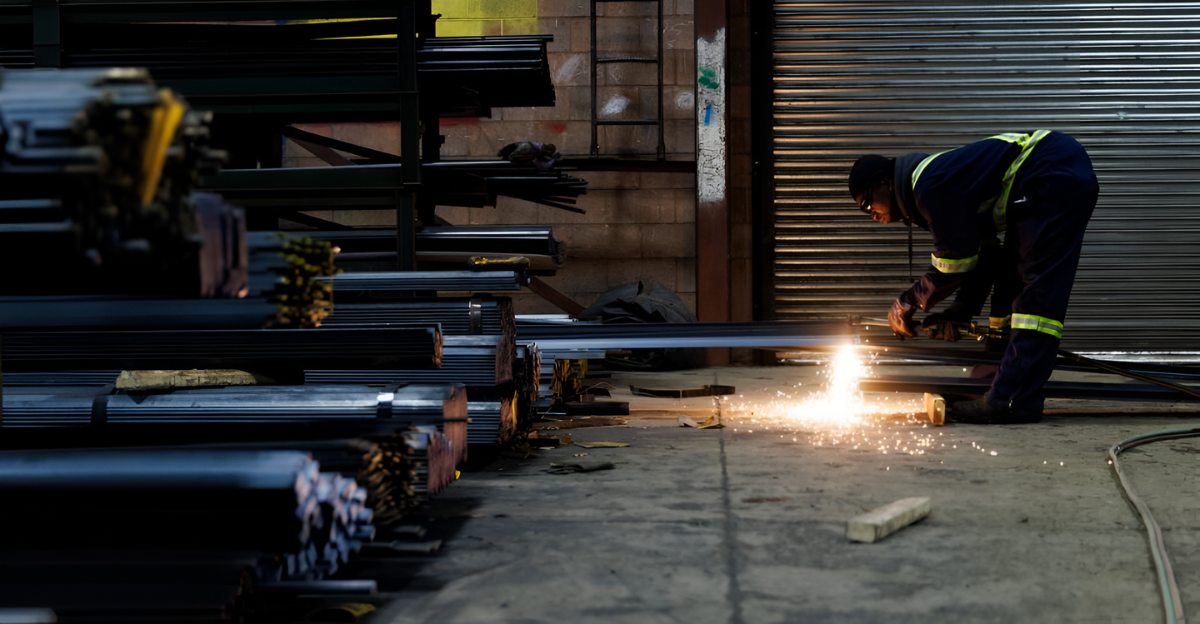
Small businesses often operate with tighter budgets, making them especially vulnerable to rising costs. Those reliant on imported steel and aluminum products may struggle to absorb or pass on the increased tariffs to their customers. This could force difficult decisions such as raising prices, reducing inventory, or seeking new suppliers. The sudden cost pressures add complexity to financial planning and could threaten the viability of some small enterprises. Support from local agencies or industry groups may be necessary to help these small businesses navigate the challenges ahead.
Domestic Producers See Opportunity
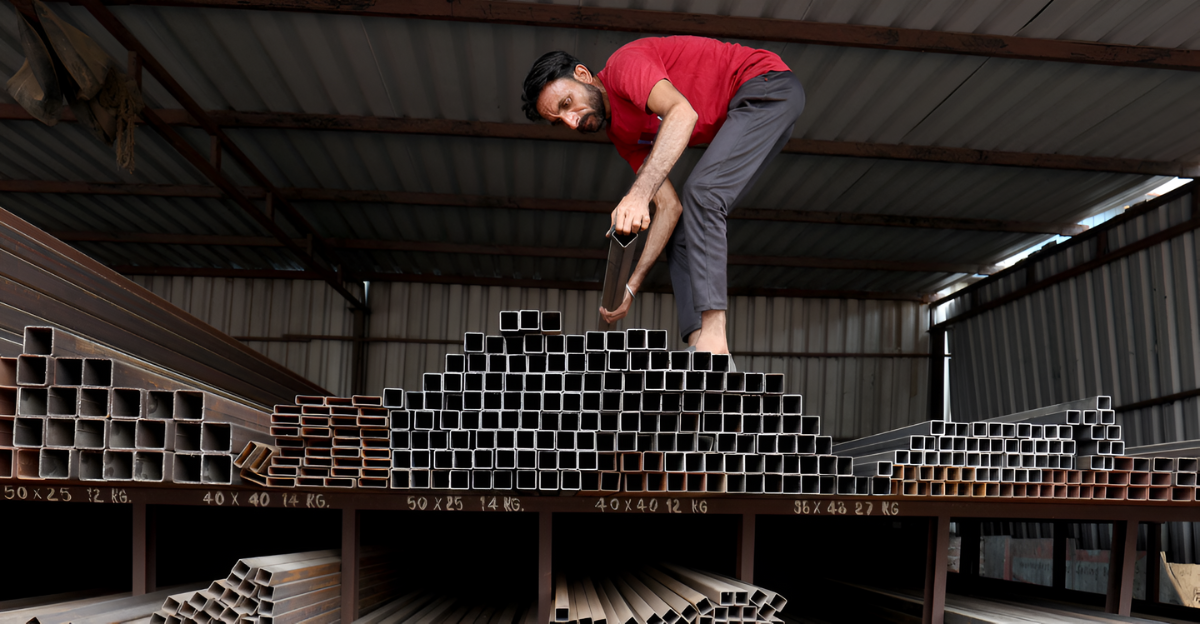
Domestic steel and aluminum manufacturers stand to significantly benefit from reduced foreign competition due to the tariff hike. The government’s goal is to stimulate local investment, increase local production capacity, and create jobs within the U.S. metal industries. Higher demand for locally produced metals could encourage innovation and expansion. However, the overall economic benefit depends on how downstream industries cope with the higher input costs. If manufacturers simply pass on expenses to consumers, it could limit demand and slow growth. The balance between protecting producers and supporting broader economic health will be closely watched.
Looking Ahead: Policy and Industry Responses
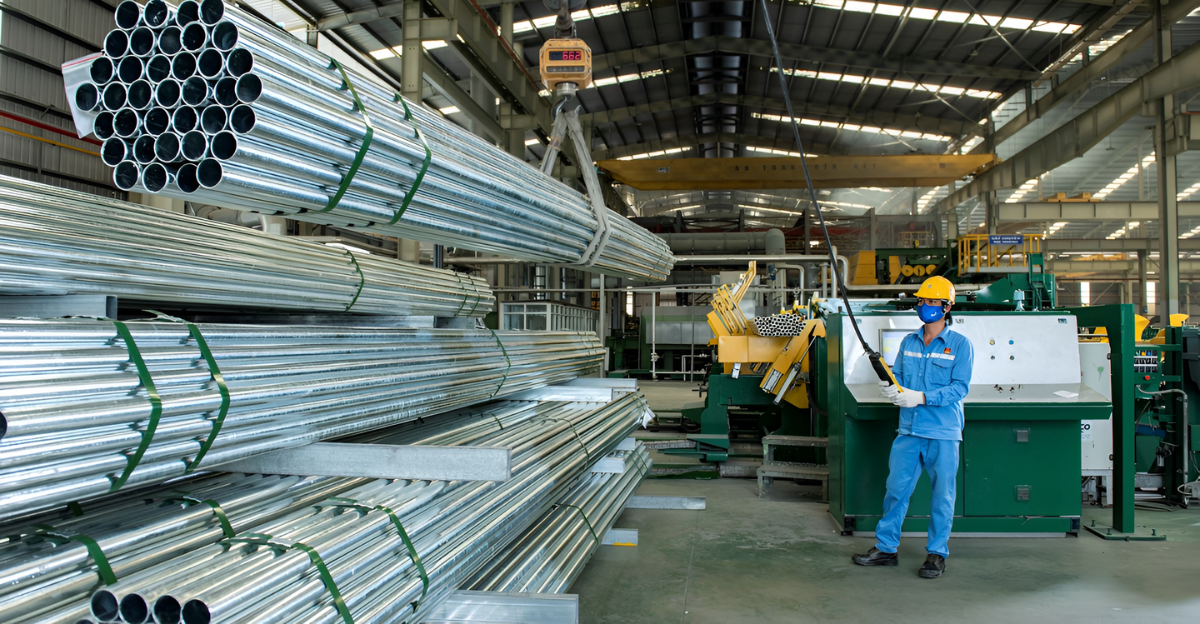
This tariff amendment marks a significant shift in trade policy, prompting close attention from lawmakers, industry leaders, and economists. There may be calls for adjustments or targeted relief to ease pressure on affected sectors which could also be very difficult to maneuver. Businesses will need to adapt quickly by exploring alternative suppliers, adjusting pricing strategies, and managing supply chain risks. All while maintaining current business relationships. The evolving situation demands careful monitoring as stakeholders weigh economic impacts against the goal of strengthening domestic industries. Future policy decisions will likely reflect lessons learned from this tariff surge.
How to Stay Prepared and Informed
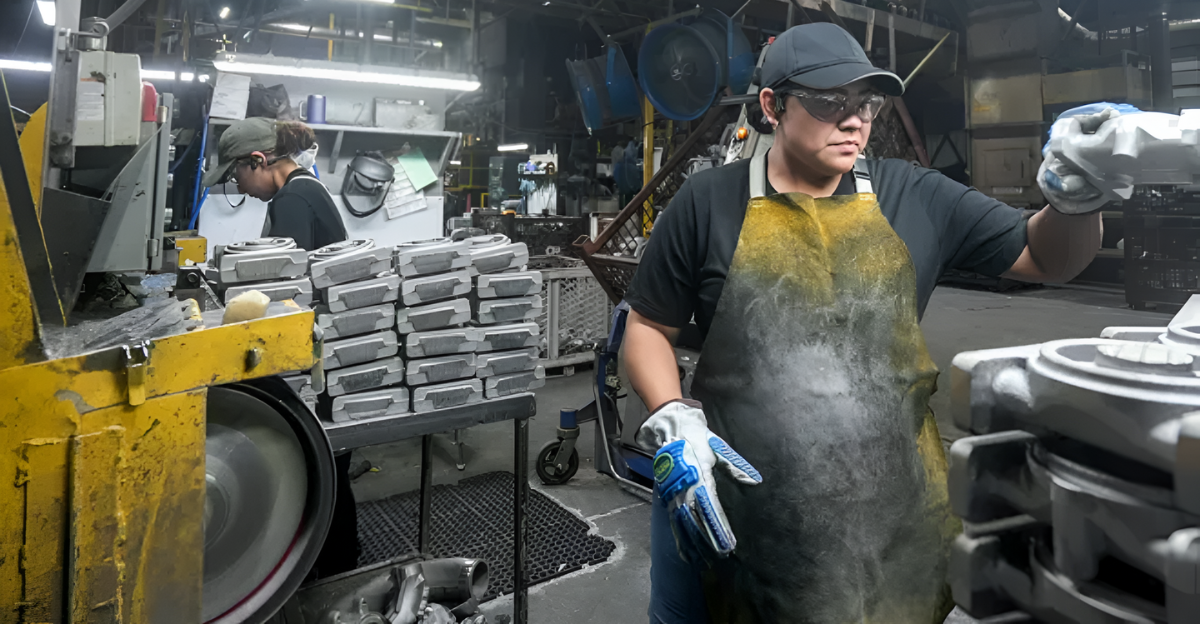
For consumers and businesses alike, staying informed is key during this period of change. Following news on trade policies and market trends can help anticipate price changes and supply issues. This could assist with planning ahead and being one step ahead of the rest. Budgeting for potential cost increases and considering alternative products or suppliers can reduce surprises. Engaging with industry associations or local chambers of commerce may provide valuable support and insights. Being proactive will help households and companies navigate the challenges posed by the tariff increase and adapt to the shifting economic landscape.